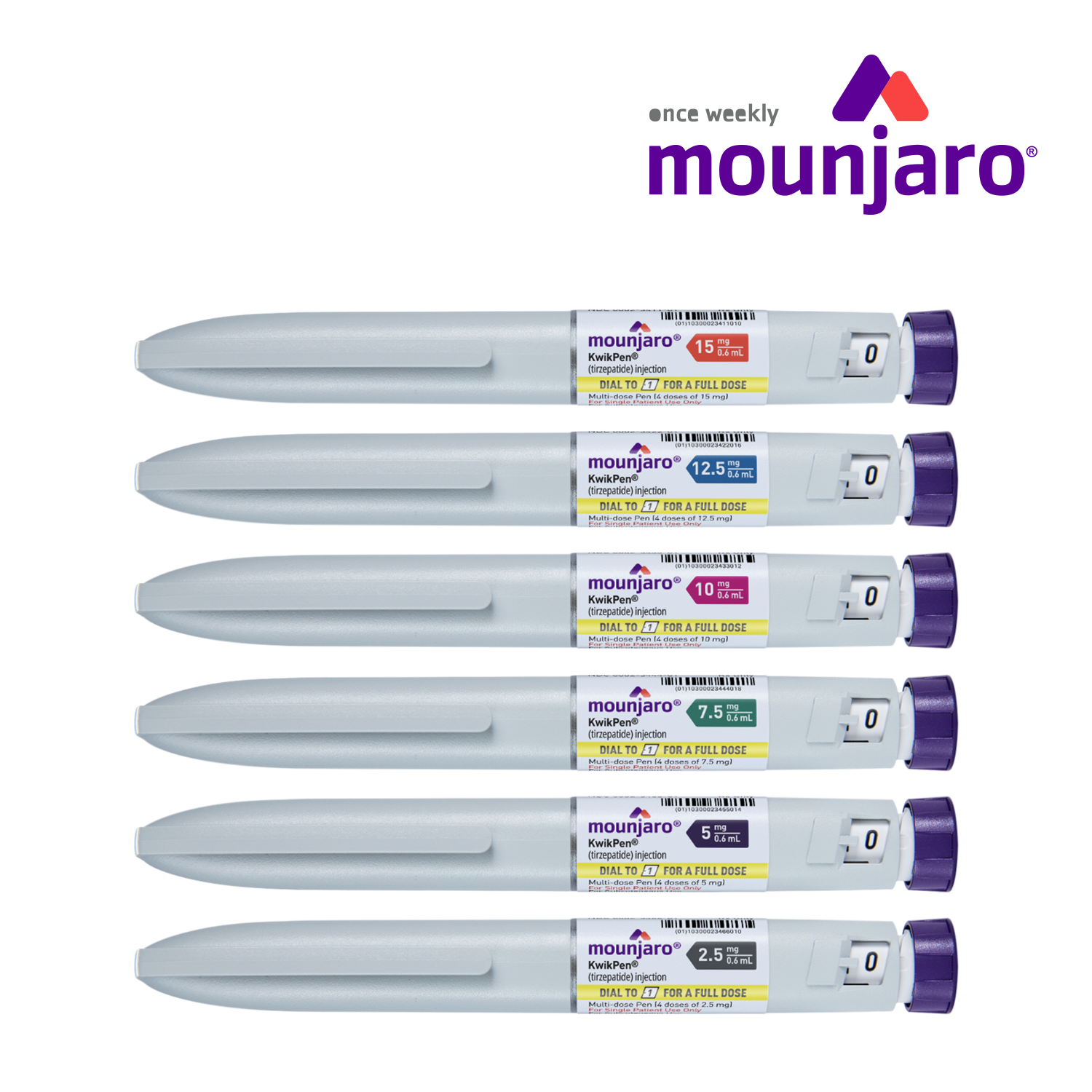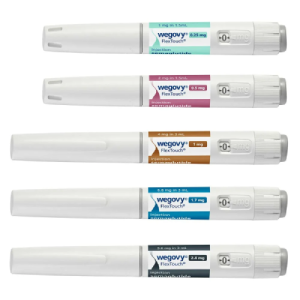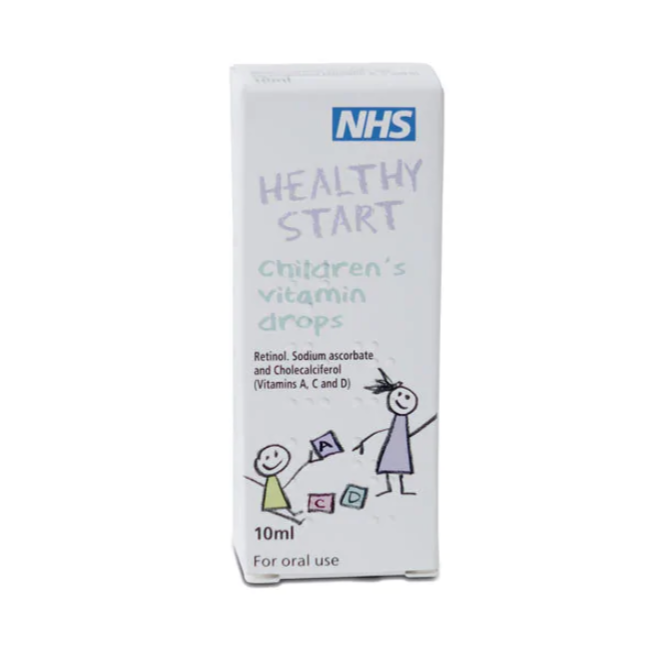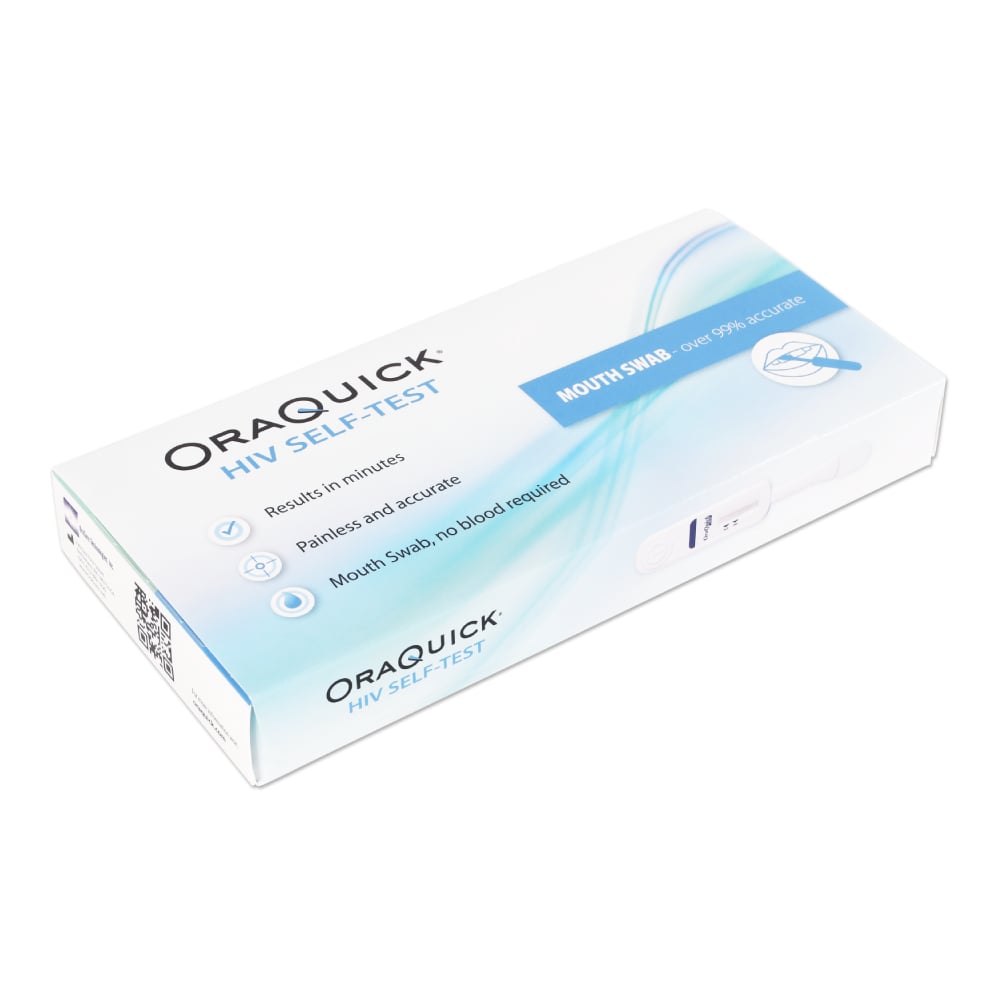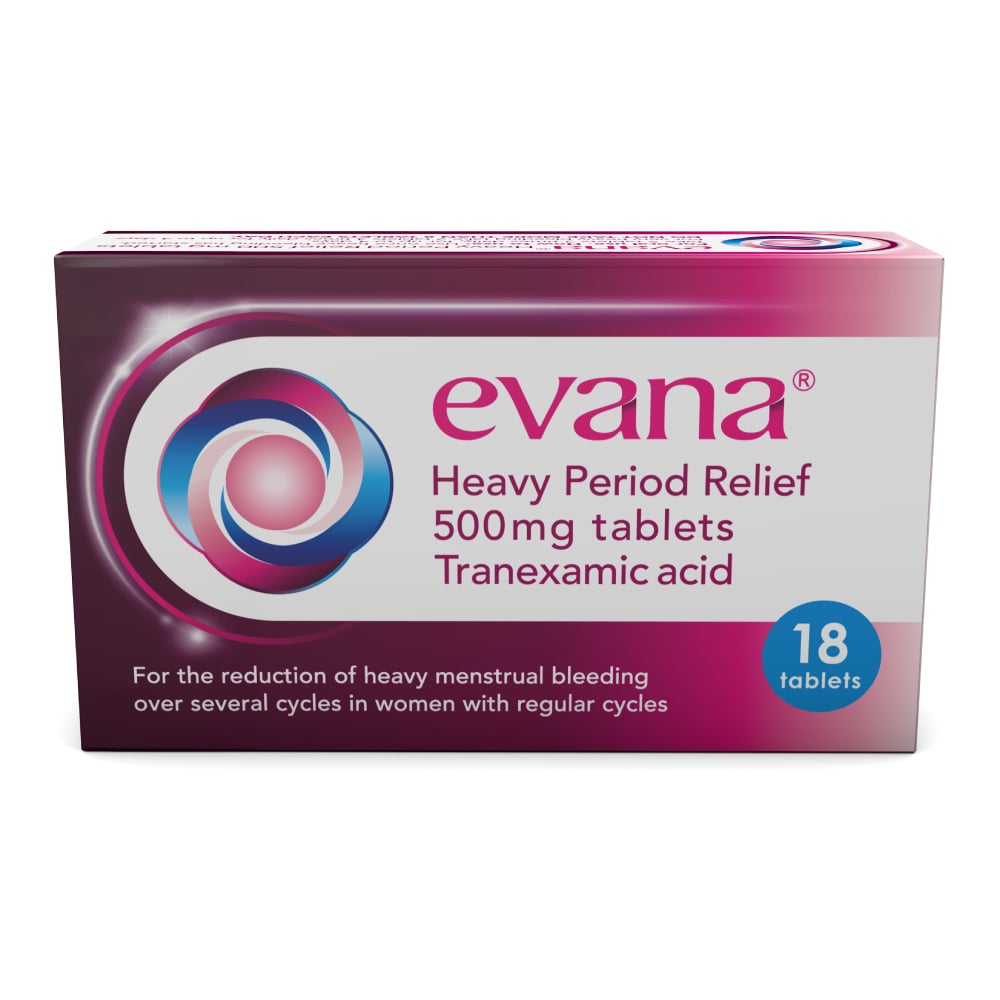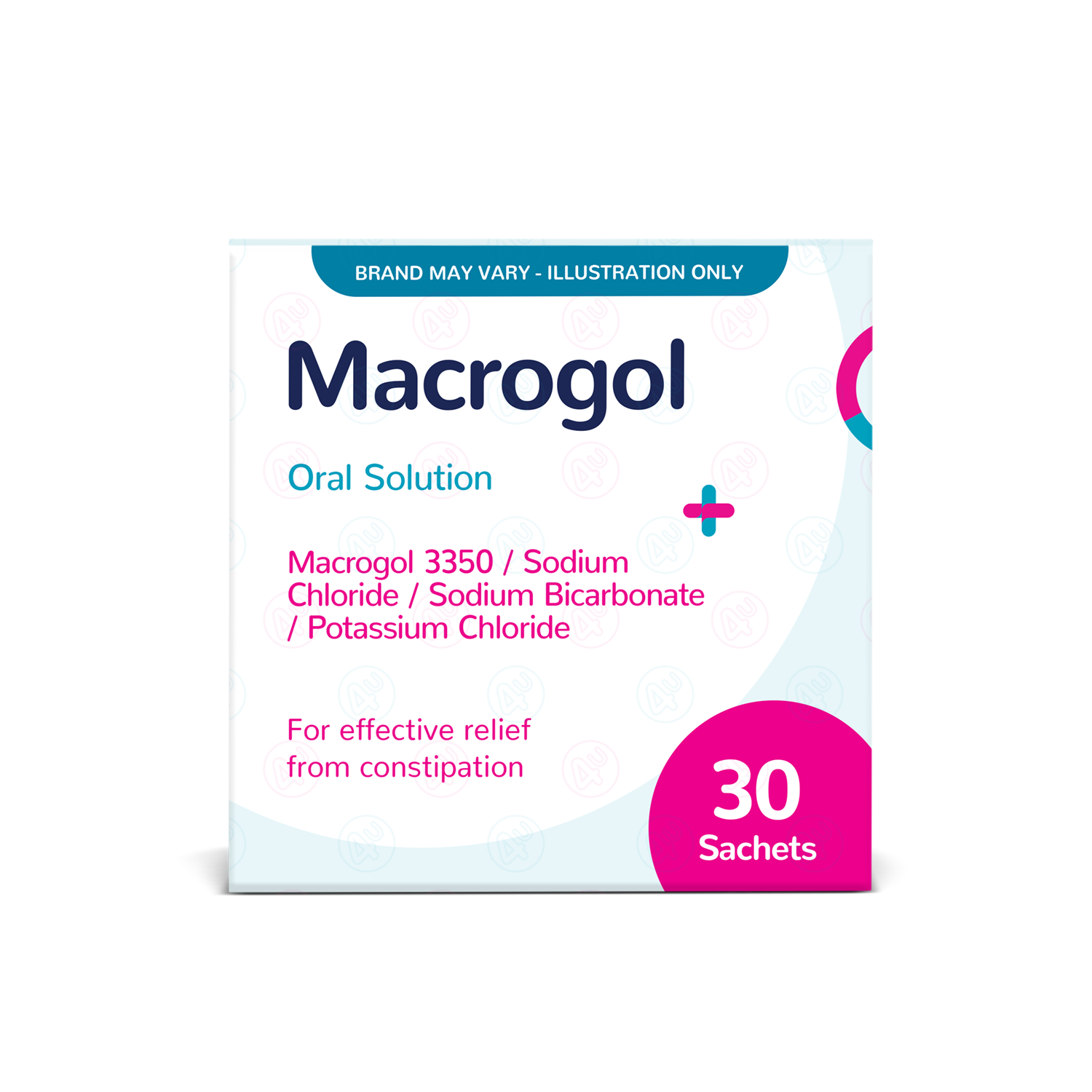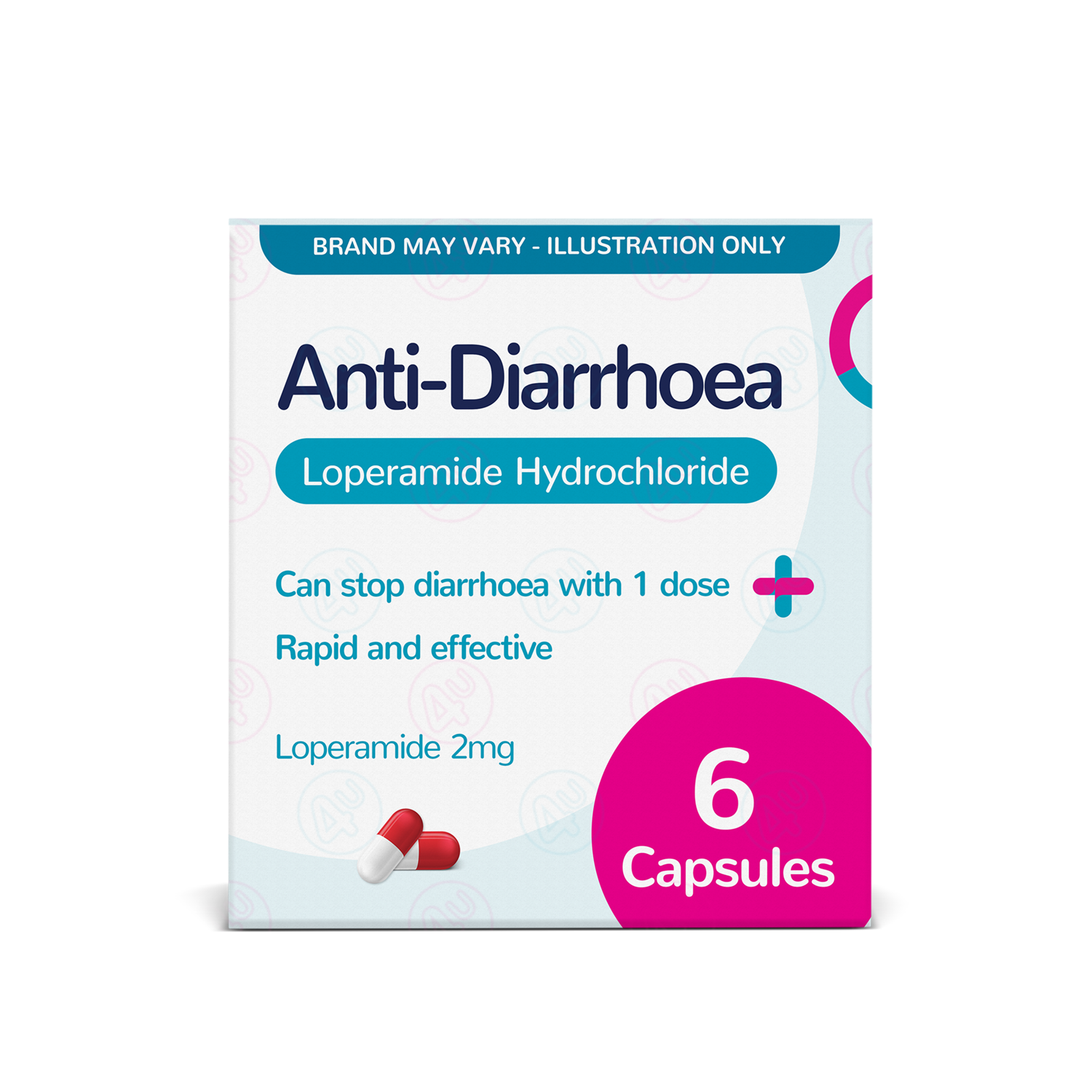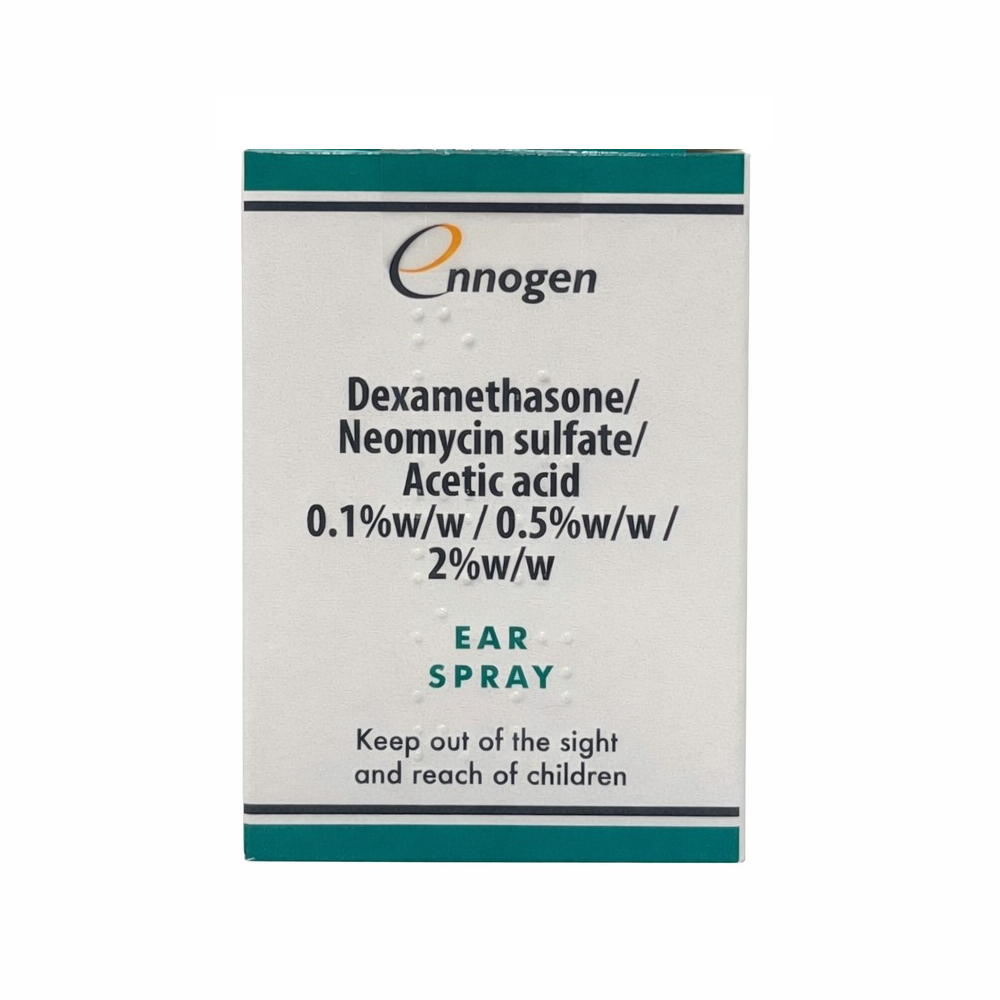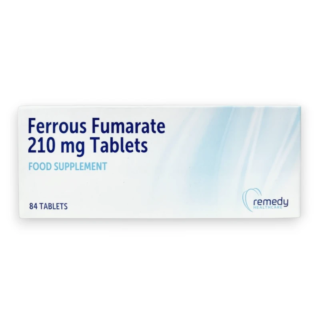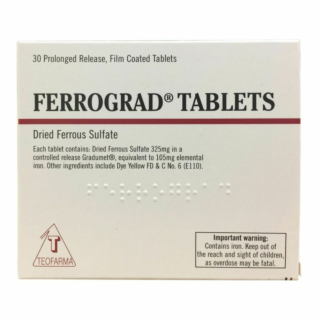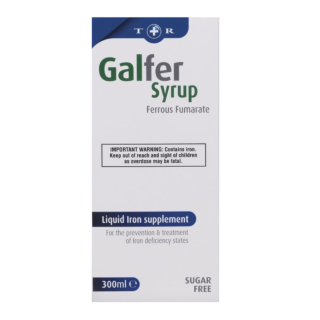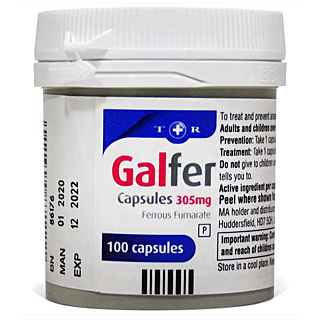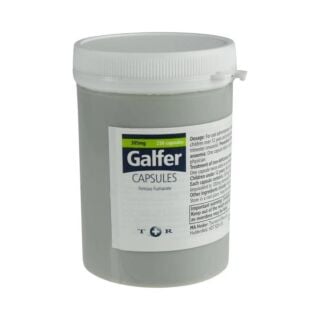Low Iron
Iron is a vital component of a healthy diet.1 Yet, around one billion people across the world have iron deficiency (low iron levels).2 … Read More See less
In the UK, it’s estimated that 3% of men and 8% of women have iron deficiency anaemia.2 Although anaemia symptoms in women are the same as for men, women tend to have higher rates of iron deficiency due to heavy blood loss during menstruation and not eating enough iron rich foods during pregnancy.2 As a result, 12% of premenopausal women and 23% of pregnant women in the UK have iron deficiency anaemia.2
However, not everyone with low iron is aware they have it, as mild anaemia may not cause any signs you are iron deficient.3 Or symptoms may come on so gradually that you don’t notice a difference in how you feel until your iron deficiency has advanced.4 Thankfully though, iron deficiency anaemia can be effectively treated.4
So, let’s find out more about iron deficiency symptoms, the slightly weirder signs of iron deficiency, iron supplements and what foods are high in iron.
What is low iron?
Iron helps your bone marrow to make haemoglobin, the protein in red blood cells that carries oxygen around your body and gives your blood its red colour.5,6,7 Iron also helps to make a protein called myoglobin, which gives your muscles the oxygen they need.1
Too little iron means too little haemoglobin and myoglobin.1 And too little haemoglobin and myoglobin means your body doesn’t have enough oxygen.1 This causes a problem because your body uses oxygen for energy.1
You may not notice you have low iron levels straight away, as when your iron stores first start running low it doesn’t immediately affect your red blood cells.7 However, once your red blood cells don’t have enough haemoglobin, your haemoglobin levels also start to drop, causing the symptoms of iron deficiency anaemia.7
How much iron do I need?
You should be able to get all the iron you need from the foods you eat every day. The amount of iron to aim for is:
- Men aged 19+: 7mg a day
- Women aged 19–49: 8mg a day
- Women aged 50+ and still having periods: 8mg a day
- Women aged 50+: 7mg a day
Low iron symptoms
The main signs and symptoms of anaemia due to iron deficiency include:4,7,8
- Tiredness and lack of energy
- Shortness of breath
- Noticeable heartbeats (heart palpitations)
- Pale skin
Less common iron shortage symptoms include:4,7,8
- Headaches
- A desire to eat non-food items, such as ice, paper or clay (pica)
- Hearing sounds that come from inside the body, rather than outside (tinnitus)
- An altered sense of taste
- Itchiness
- Muscle cramps
- A sore or abnormally smooth tongue
- Hair loss
- Difficulty swallowing (dysphagia)
- Painful open sores at the corners of your mouth
- Spoon-shaped nails (koilonychia)
- A fast heart rate (tachycardia)
- Irritability
Causes of low iron
Iron deficiency anaemia can be caused by:4,7–9
- Blood loss – caused by heavy periods, or from bleeding in the stomach and intestines due to a stomach ulcer, stomach cancer, bowel cancer, or taking non-steroidal anti-inflammatory drugs (e.g. Ibuprofen and aspirin)
- Malabsorption – when iron can no longer be absorbed through your stomach (e.g. Due to coeliac disease or weight loss surgery)
- Lack of iron in your diet – when you don’t eat enough iron rich foods. Although, iron deficiency for this reason is rare except in pregnant people
- Increased need for iron – pregnant people and people who have heavy periods need higher amounts of iron than the recommended daily dose
How is low iron diagnosed?
If you are experiencing the symptoms of low iron, you should arrange to see your GP who will be able to diagnose you as anaemic using a blood test.10
If you have iron deficiency anaemia, your blood test will show you have:10
- Lower levels of haemoglobin than normal
- Fewer red blood cells than normal
- Small and pale red blood cells
- Dangerously low ferritin levels (fe; the protein that stores iron)
If you do have low iron and low fe levels, your GP will want to find out what the underlying cause of the deficiency could be.10 They may ask you about your diet, any medicines you take and your periods.10 They may also perform a physical exam to assess your stomach for signs of gastrointestinal bleeding and look for indicators of heart failure, such as swollen ankles.10
How to treat low iron
If your blood test indicates iron deficiency, you will be prescribed iron for anaemia and recommended to make some changes to your diet:7,8,10–13
Iron supplements
Iron supplements can be used to restore your iron levels. Some people can experience side effects when taking iron supplements, such as:
- Pain in their abdomen
- Constipation
- Diarrhoea
- Heartburn
- Nausea
- Black stools
Supplements are usually taken as a tablet once, twice or three times a day, depending on your iron levels and whether you are struggling with any side effects. Vitamin C can help to increase your absorption of iron, so you may also be told to take your supplements with orange juice.
In rare cases, such as if you have chronic kidney disease, you may be recommended to have iron injections instead of tablets.
To keep your eye out for any signs your iron pills are working, pay attention to whether the symptoms of iron deficiency you experience are gradually clearing up.
Foods high in iron
If your GP thinks that a lack of iron in your diet is contributing to your iron deficiency anaemia, they will recommend you up your intake by eating more:
- Dark-green leafy vegetables, such as watercress, curly kale and broccoli
- Iron-fortified cereals, bread or pasta
- Brown rice
- Legumes, like green peas
- Pulses and beans, like baked beans and black eyed peas
- Tofu
- Nuts and seeds
- Meat, such as beef, pork, lamb, liver and other organs
- Poultry, like chicken, duck, turkey and liver
- Fish, such as shellfish, including clams, mussels, oysters, sardines and anchovies
- Eggs
- Dried fruit, such as dried apricots, prunes and raisins
Sources
- https://health.clevelandclinic.org/iron
- https://cks.nice.org.uk/topics/anaemia-iron-deficiency/background-information/prevalence/
- https://www.gosh.nhs.uk/conditions-and-treatments/conditions-we-treat/iron-deficiency-anaemia/
- https://www.nhsinform.scot/illnesses-and-conditions/nutritional/iron-deficiency-anaemia/
- https://www.esht.nhs.uk/wp-content/uploads/2017/06/0299.pdf
- https://www.nhs.uk/conditions/vitamins-and-minerals/iron/
- https://my.clevelandclinic.org/health/diseases/22824-iron-deficiency-anemia
- https://www.nhs.uk/conditions/iron-deficiency-anaemia/
- https://cks.nice.org.uk/topics/anaemia-iron-deficiency/background-information/causes/
- https://www.nhsinform.scot/illnesses-and-conditions/nutritional/iron-deficiency-anaemia#diagnosing-iron-deficiency-anaemia
- https://www.nhsinform.scot/illnesses-and-conditions/nutritional/iron-deficiency-anaemia#treating-iron-deficiency-anaemia
- https://www.mkuh.nhs.uk/patient-information-leaflet/good-sources-of-iron
- https://johnshopkinshealthcare.staywellsolutionsonline.com/Wellness/Stress/85,P00077

Free delivery when you spend over £30

100% discreet delivery for every item ordered

Fully regulated UK pharmacy
Do children need iron supplements?
Your child should be able to get enough iron from eating a balanced diet, with food such as red meats, fish, leafy vegetables and beans.
However, if your child is a picky eater, has a vegetarian or vegan diet, exercises often, or they’re going through menstruation or a rapid growth spurt, you may need to give them an extra boost of iron through a supplement.
Do over-50s need to take iron supplements?
Iron supplements are vital for people who suffer from iron deficiency anaemia, which is common in people who are vegetarian or vegan, or in people who have suffered blood loss.
The symptoms of iron deficiency anaemia are tiredness, lack of energy, shortness of breath, heart palpitations and pale skin.
If you are suffering from any of these symptoms, you should inform your GP so they can carry out a blood test to see if your iron levels are low.
You will only need to take iron supplements if your iron levels are low.
Do vegans need an iron supplement?
If you’ve decided to make the switch to a plant-based diet, you may be lacking the essential nutrients you need, such as iron, which is usually found in red meat products.
You can get sources of iron from your vegan diet if you enforce good preparation and variety - if not, you may benefit from taking an iron supplement to keep your body functioning as it should.
Not all iron supplements are vegan, so make sure to check the label to ensure the product is free from any animal products.
Are iron supplements good for hair loss?
Iron helps to carry oxygen to your red blood cells, which can make it an essential mineral for lots of functions, including hair growth.
Having anaemia, which is often the result of an iron deficiency, is a common cause of hair loss, especially in women.
If your body lacks the correct amount of iron to make enough red blood cells, the oxygen they create will be prioritized by your vital organs rather than your hair follicles.
Without enough oxygen, your hair follicles cease to function properly, and your hair may fall out.

